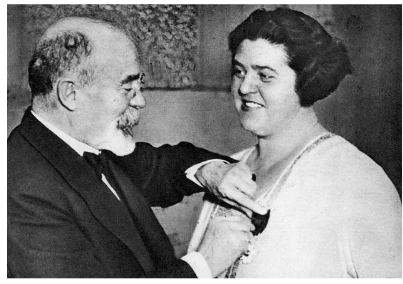
We know that Lehmann was proud of the honors she received in Europe and the United States. We have photos of her in her later years proudly wearing the medals. From the New York Times obituary: “…Mme. Lehmann had a number of honors and decorations, among them the Gold Cross of Austria and the Legion of Honor.”
In his book, Lotte Lehmann: A Life in Opera & Song, Beaumont Glass wrote: “[Lehmann]…was decorated by France, first with the Golden Palm, then on March 19, 1931, with the order of the Legion of Honor. At that time she was one of the very few women who had received that honor. Former Premier Jean Louis Barthou (who happened to be a great Lehmann fan) kissed her on both cheeks in traditional French style as part of the ceremony. Lotte was so moved she could only stammer out “Merci.” Barthou turned to the audience and said: “She is absolutely charming. I kiss her and she thanks me.”
We have learned that “the Golden Palm” mentioned above by Glass is the highest prize awarded at the Cannes Film Festival. Perhaps Mr. Glass meant the academic award which is called “Palmes Académique.” Since Lehmann’s rival Jeritza received a Palme d’Officier d’Instruction Publique it follows that Lehmann had probably won that same award. Wikipedia states: “The original Palmes académiques was instituted by Napoleon on 17 March 1808. In this sense, it shares its origins with the Legion of Honour which Napoleon had established shortly before. Palmes académiques was established to decorate people associated with the university, including high schools (lycées)….In 1866, Napoleon III, prompted by Minister of Public Instruction Victor Duruy, widened the scope of the award to include non-teaching persons…” Such as: “Les personnes qui apportent une contribution exceptionnelle à l’enrichissement du patrimoine culturel.” Which means: “People who make an exceptional contribution to the enrichment of [our] cultural heritage.”
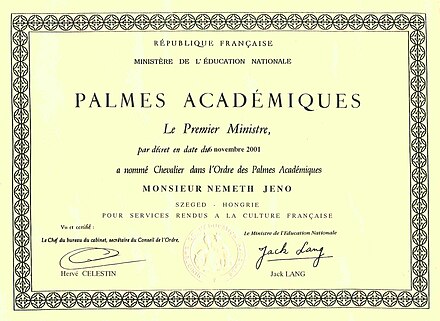
But, as you’ll see, Lehmann did receive the Legion of Honor in 1931. Here’s a chronological list of Lehmann’s various honors.
1926 Osterreische Kammersängerin (Vienna Opera)
1928 Ehrenmitglied der Wiener Staatsoper (Vienna Opera)
1929 Gold Medal “Literis et Artibus” (King of Sweden)
1931 Légion d’honneur (France)
1933 Ehrenring der Wiener Philharmoniker (Vienna Philharmonic)
1934 Goldenes Ehrenzeichen der Republik Österreich, I. Klasse (Austria)
1935 Cover of TIME magazine (U.S.)
1937 Chevalier, Légion d’honneur (France)
1942 Testimonial, Town Hall (New York)
1949 Honorary Doctorate University of Portland (Portland, Oregon)
1951 Honorary Doctorate Mills College (Oakland, California)
1952 Ehrenmitglied Universität für Musik und darstellende Kunst Wien (Vienna)
1953 Honorary President of the Music Academy of the West (Santa Barbara, California)
1955 Lotte Lehmann-Gedächtnisring (Vienna Opera)
1956 Honorary Doctorate Northwestern University (Evanston, Illinois)
1958 Woman of the Year (Santa Barbara, California)
1960 Woman of the Year Silver Cup (Los Angeles Times)
1961 Honorary Doctorate University of California Santa Barbara
1961 Austrian Honor Cross First Class (Vienna)
1962 Ehrenring der Stadt Wien (Vienna)
1963 Third Ring of Honor (Vienna)
1964 Großes Deutsches Verdienstkreuz (West Germany) (possibly 1963)
1968 Lotte Lehmann Day (City of Santa Barbara) (possibly 1965)
1968 Concert dedication (Los Angeles Philharmonic)
1968 Die Walküre dedication (San Francisco Opera)
1969 Lotte Lehmann Concert Hall (University of California, Santa Barbara)
1969 Große Silbermedaille der Stadt Salzburg (Salzburg)
1974 The Concert Song Companion dedication by author Charles Osborne
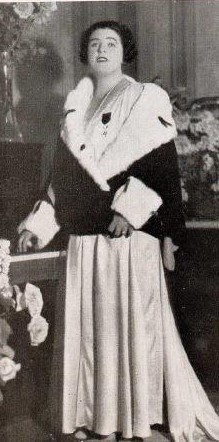
The following dates give a more nuanced appreciation of Lehmann’s various honors:
14 Oct 1928 Die Meistersinger; LL (“Ehrenmitglied” called honored member in the program for the first time), as Eva.
19 Mar 1931 M. Louis Barthou, academician and ex-Premier, gave a lecture this afternoon at the Salle Gaveau on Beethoven and Wagner. The lecture was illustrated by interpretations in German by Mme Lotte Lehmann…At the end of the lecture M. Barthou announced that he had been asked by M. Briand to present the Legion of Honor to Mme Lehmann. He pinned the insignia on her dress, and kissed her on both cheeks. Mme Lehmann then faltered in French: “I am deeply touched by this honor. I shall wear the magnificent French decoration with pride and joy,” and the public cheered and clapped enthusiastically. (From The Guardian, London) [First German to be so decorated “since the war.”]
8 Aug 1937 LL was made an officer of the Legion of Honor of France shortly after her appearance as Leonore in Fidelio under Toscanini at the opening performance for Salzburg Festival. (date uncertain). This may have been an “upgrade” from the original 1931 award, so perhaps to Chevalier.
20 Dec 1938 New York Times: “[LL] was extolled…at a dinner in her honor at the Hotel Astor as a symbol of the cultural contribution brought to this country by refugees from Nazi persecution. The dinner was given by the American Committee for Christian German Refugees, which announced the start of a campaign for $150,000 to meet the present emergency in the refugee problem.” Others who spoke included Chancellor Harry Woodburn Chase of NYU; Dr. Walter Damrosch and Fannie Hurst. “The program closed with a concert by Mischa Levitzki, [Gladys Swarthout], Lawrence Tibbett and Mme Lehmann.” LL sang: Schumann: Widmung; Schubert: Ständchen; Wolf: In den Schatten meiner Locken; Brahms: Botschaft; PU, piano.
30 Dec 1942 “Opera Tea” New York Smith College Club at the Weylin on behalf of the 8 Jan Der Rosenkavalier which will benefit the Club’s Scholarship Fund. Lehmann was guest of honor.
29 May 1949 Receives Honorary Doctor of Philosophy from Portland University.
19 Jan 1956 LL honored: Crystal Room, Beverly Hills Hotel, Los Angeles, California; Lehmann students sang; LL told of her visit to Vienna; other guests included Mario Chamlee, Richard Crooks, and Armand Tokatyan.
10 Jun 1964 Presentation of Honorary Ring of Vienna by Franz Jonas, Mayor.
29 Jul 1971 Party in LL’s honor given by David Ascoli (publisher at Cassell) at Hyde Park Hotel; guests included Desmond Shawe-Taylor, Neville Cardus, Janet Baker.
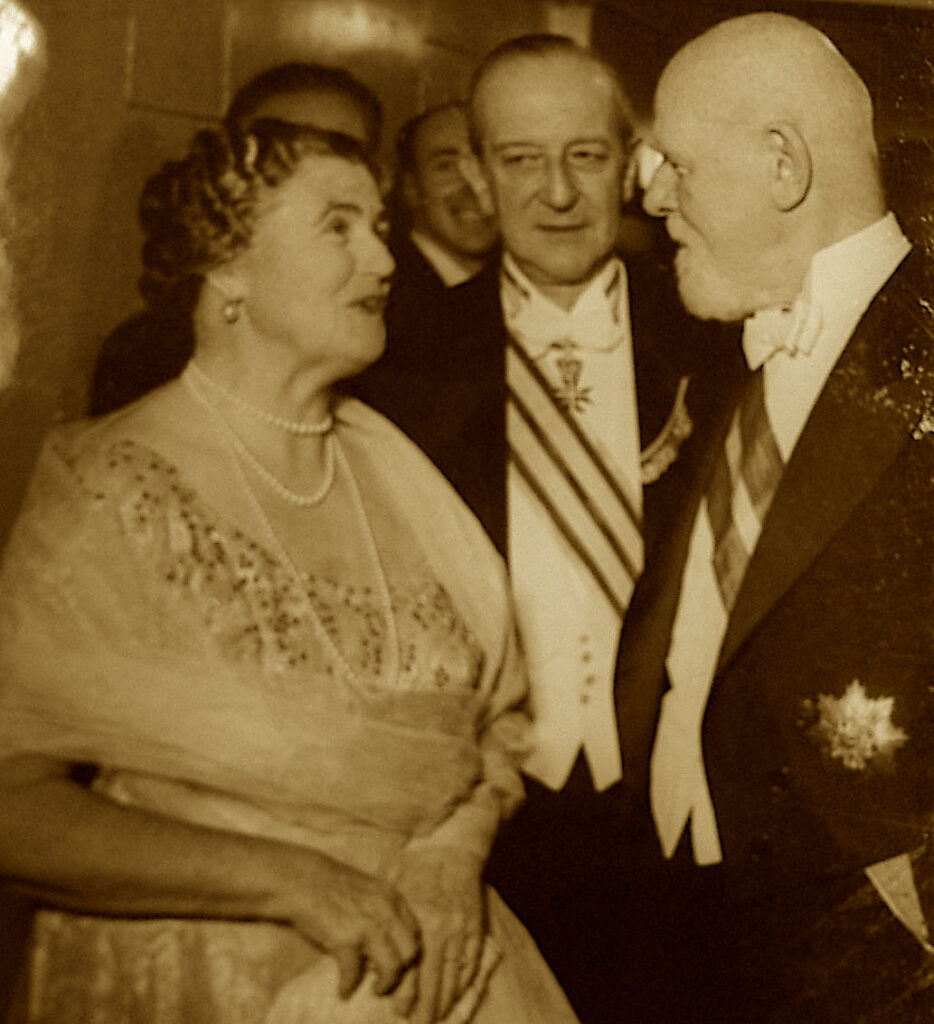
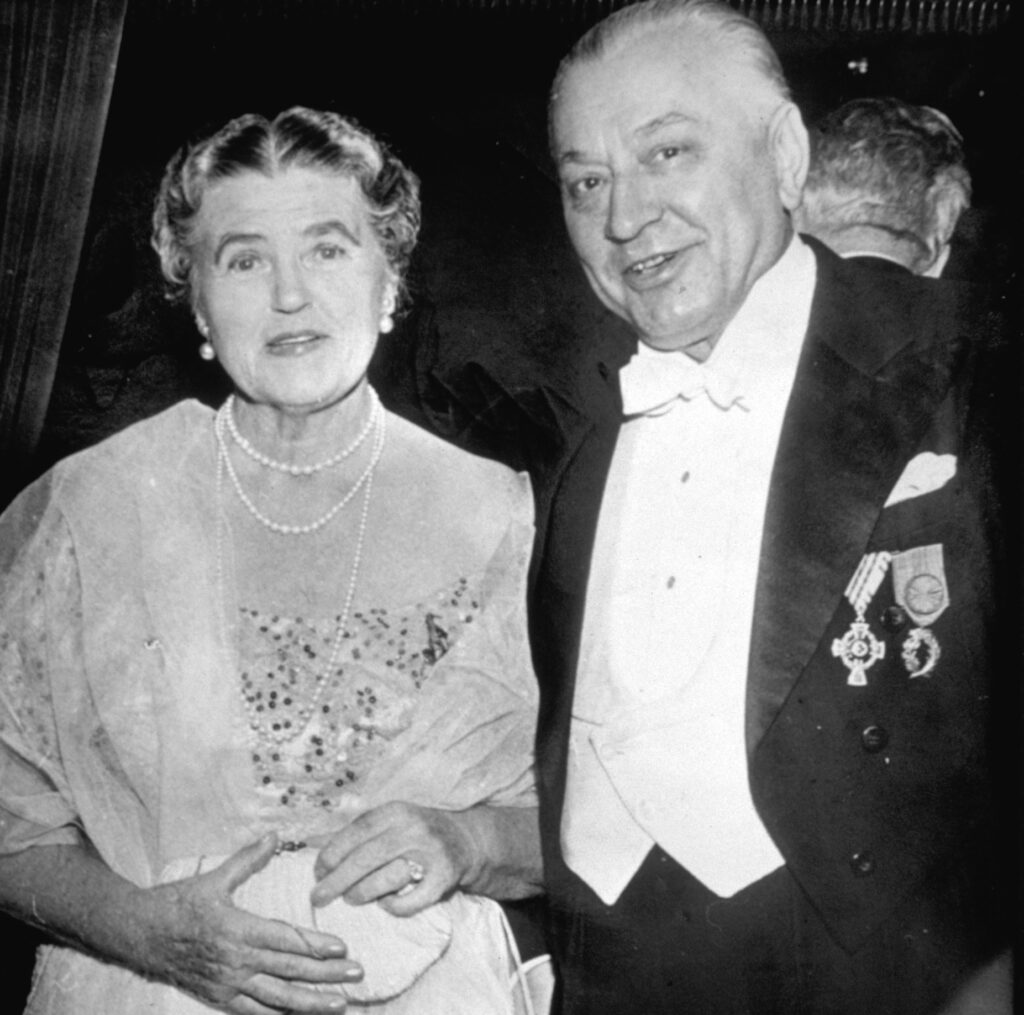
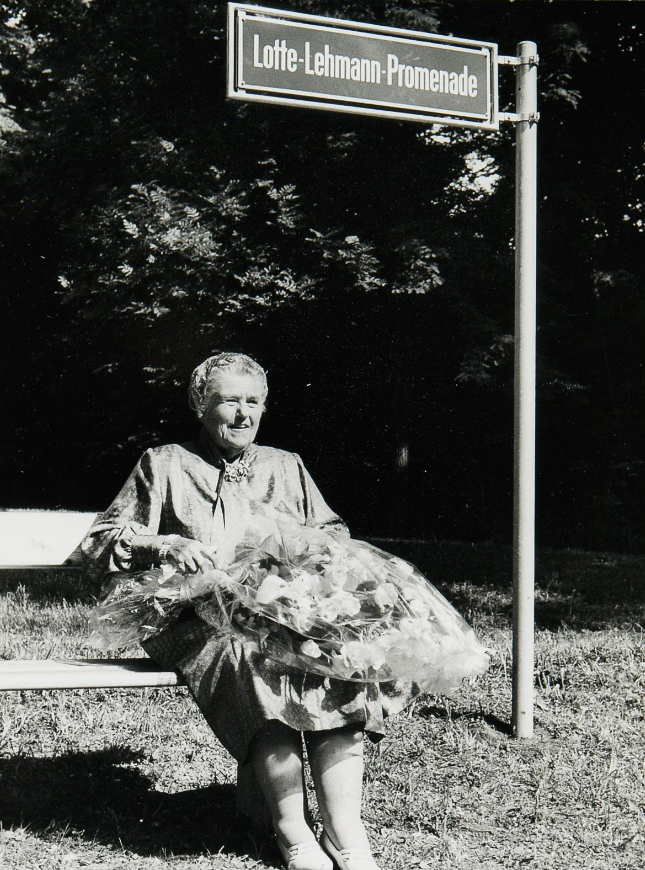
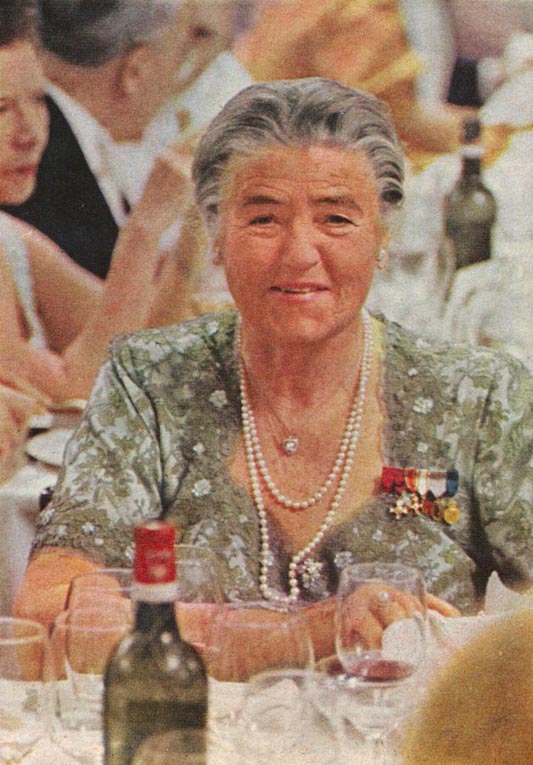
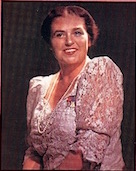
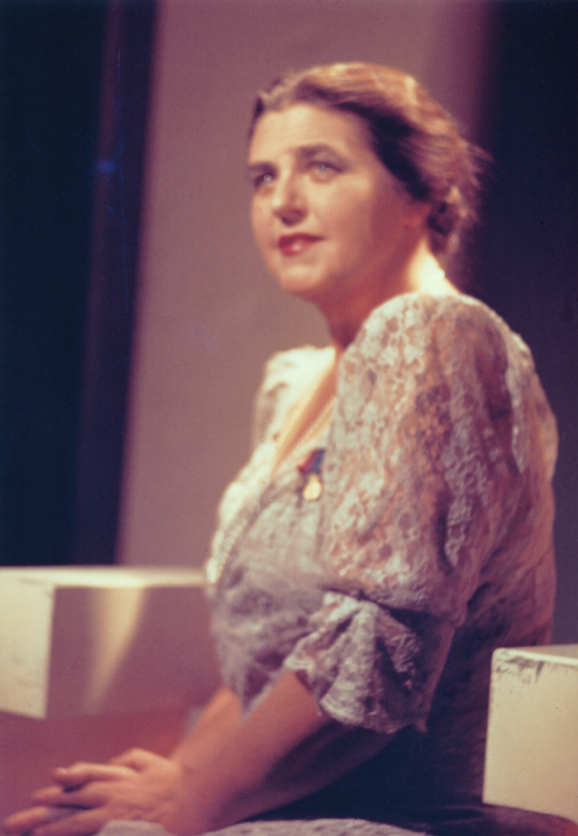
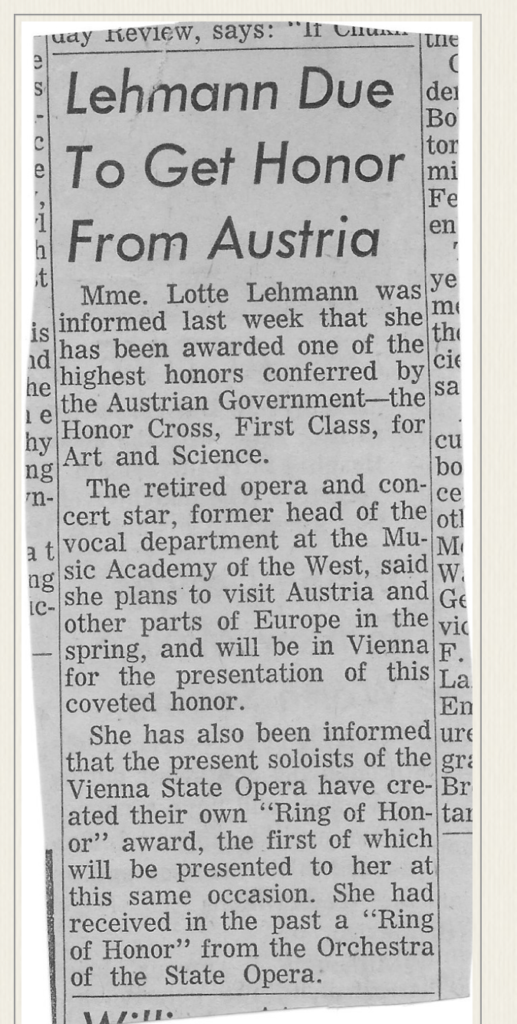
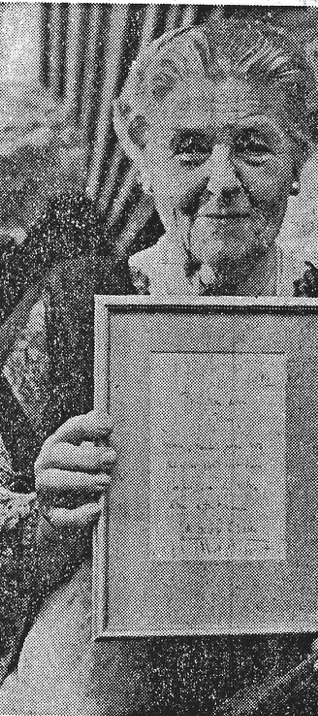
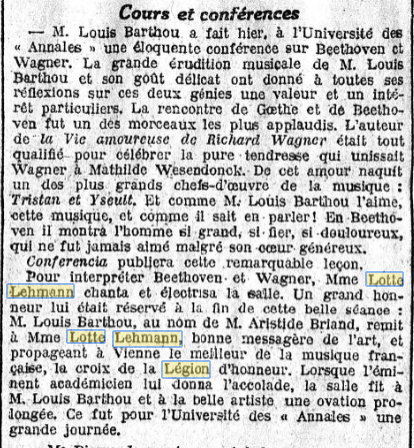
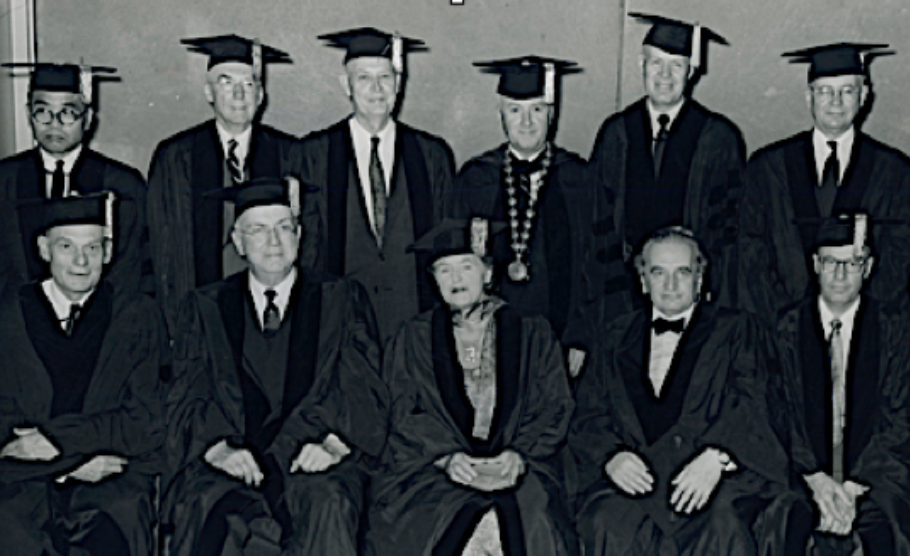
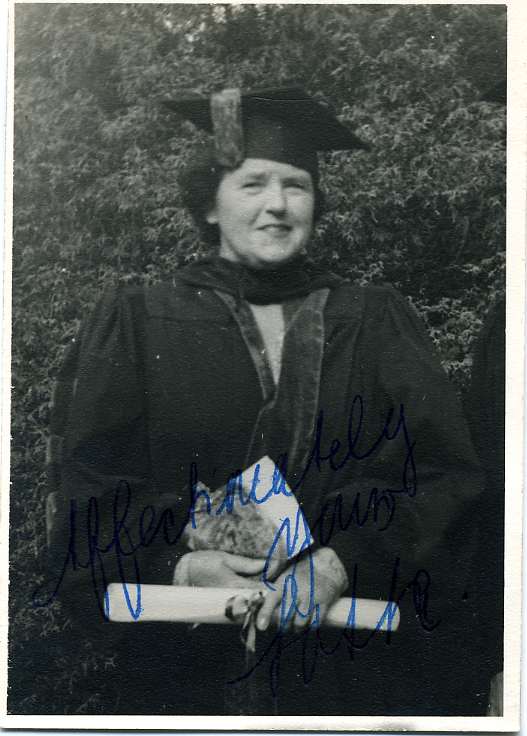
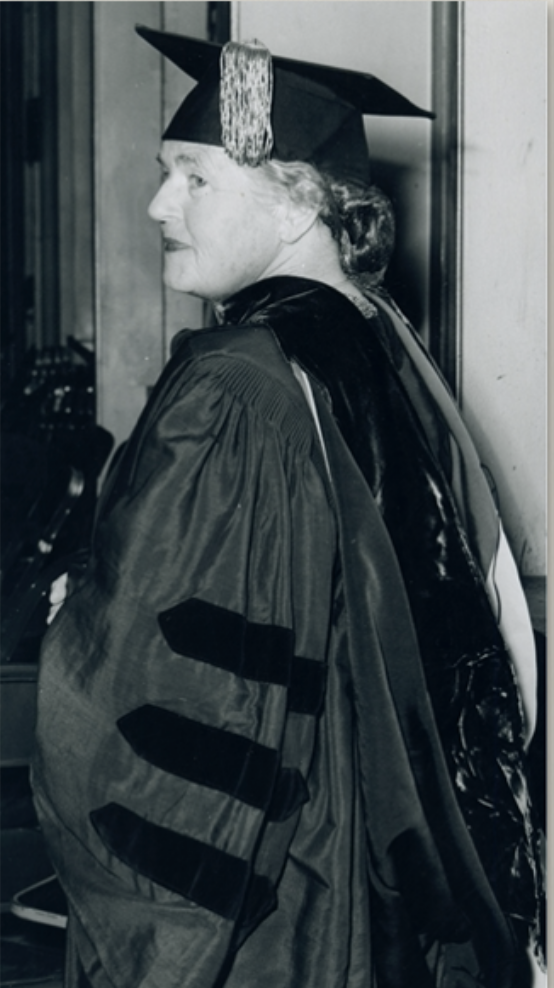
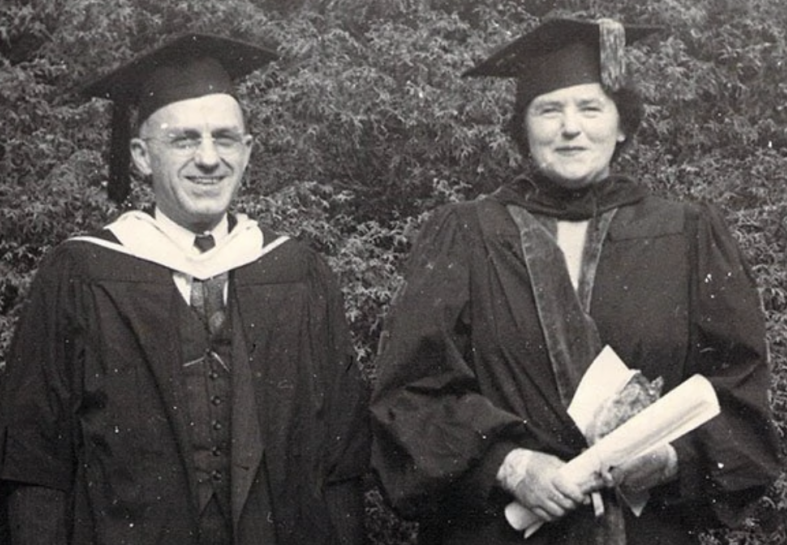
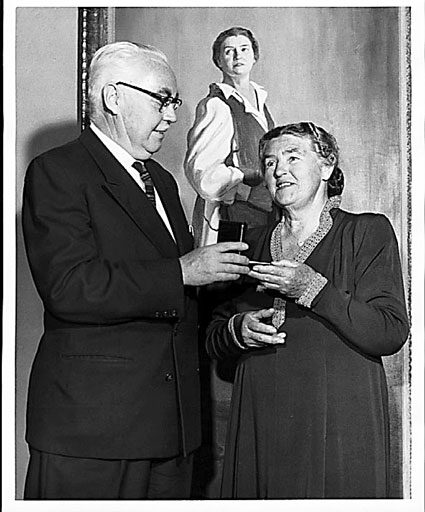
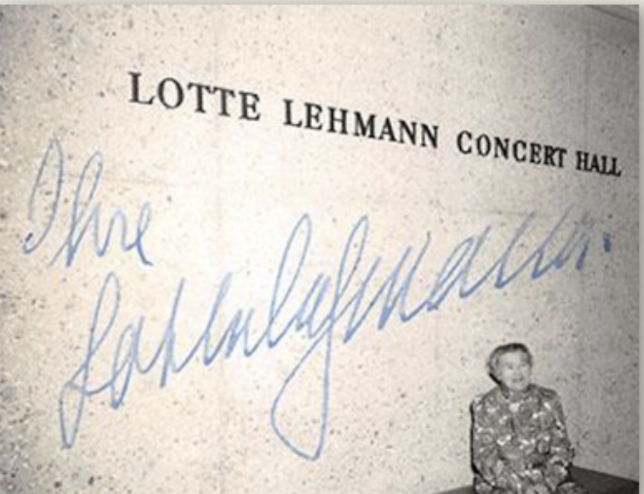

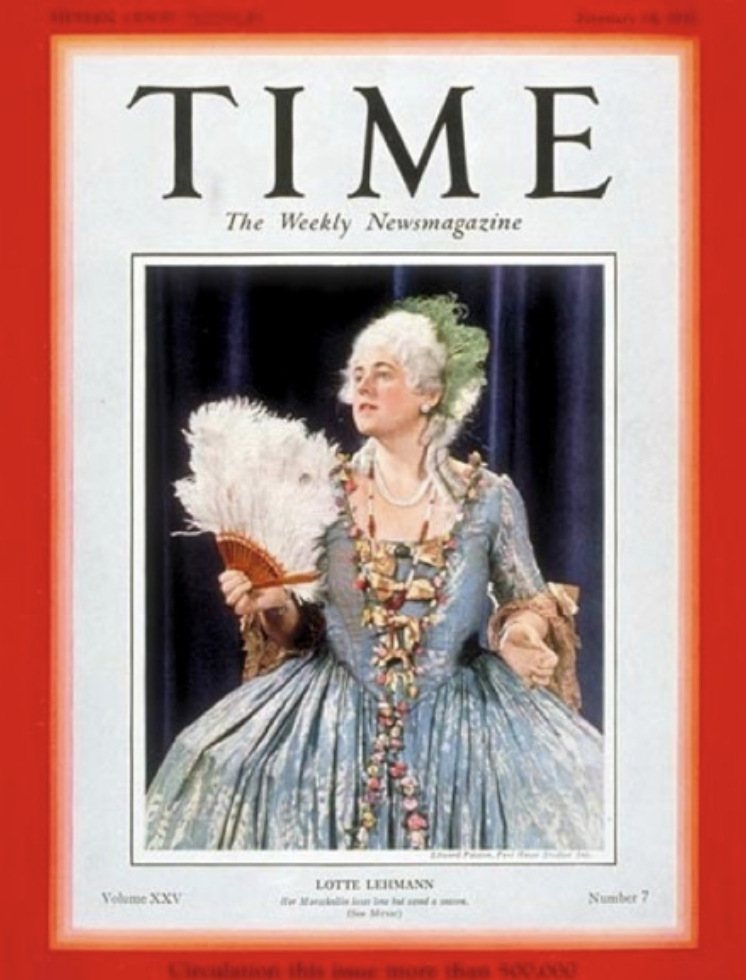
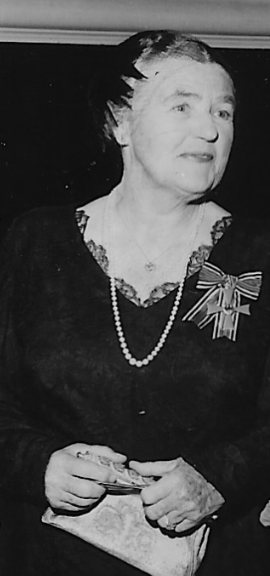

Doctorate
From the June 8, 1951 issue of The Jewish News of Northern California, we have this article on Lehmann, which besides covering many aspects professional and personal, allows us to learn the date of the awarding of one of Lehmann’s Doctorates. Here’s the article:
Mills College Will Honor Mme. Lehmann
An honorary doctor of humanities degree will be awarded Mme. Lotte Lehmann by Mills College at its commencement exercises Sunday, June 10, [1951] at 4 p.m. in the Greek theatre of the Oakland campus. Sen. William F. Knowland and the Rt. Rev. Stephen F. Bayne of Olympia, Wash., also will be awarded degrees at the ceremony, at which 142 degrees, including 39 Masters, will be presented graduates.
Thrilling Voice
Having its roots in the thrilling voice, the superb technique and the consummate interpretive powers of Lehmann, the legend found its farthest-reaching ramifications, its deepest meanings in its projection of the Lehmann personality— soul. Many writers and critics have tried to define it. “When Lotte Lehmann sings,’’ one critic wrote recently, “a door opens into a magic world so simple, so tender, so gentle that only the truly great can open it wide.” The fine intelligence, vitality and restless creative energy that distinguish Lehmann the singer also are responsible for Lehmann the writer, Lehmann the painter and most recently, Lehmann the motion picture actress-singer. The author of numerous articles and essays, Lotte has to her credit a novel “Eternal Fight,” two books of memoirs “Midway in My Song” and “My Many Lives” and “More Than Singing.”
Writes and Paints
Lotte, in addition to possessing a warm, lucid and absorbing style in writing, is an accomplished painter. Although she has studied painting only six years, she has won several distinguished awards and her group of water colors, inspired by Schubert’s songs, were part of her first one woman show in a New York gallery recently. Although on stage Lotte is a statuesque woman of gracious presence and dignified bearing . . . and her smile wins her the unconscious allegiance of her audience . . . off-stage, surrounded by her friends, she sheds this dignity and becomes her real, fun-loving self. Vivacity and a lively interest in people and events are her outstanding social graces. However, she does not care for the more formal aspects of society. She prefers a cozy circle of friends gathered around her coffee table. She delights in long, earnest, and enthusiastic discussions of almost any subject, from the oldest superstition to the newest movie, from music and literature to politics and the weather.
Good Sportsman, too
Swimming and horseback riding have always been her favorite outdoor sports. Swimming, she considers the ideal all-around exercise. “The blood courses more quickly through the veins. One comes out of the water walking on air, invigorated and refreshed.” Possessing a disposition not easily disturbed. Lotte reserves her fire and temperament for the operatic stage and for the concert platform—in short, for her music. She has one phobia. She is allergic to jazz. Not to modern music or to jazz created for its own sake, she hastens to inform you, but to what she considers the current mutilation of the works of the great masters by jazzing them up. “Imagine,” she says, “I go to the movies and they play the Pilgrim’s Chorus from ’Tannhäuser’ in jazz. It is too terrible!” Her greatest joy, Lotte confesses, is to hear the spontaneous and hearty applause of an American audience and to read the plaudits of a free and uncontrolled press. And, as though painting, sketching, writing and gaining world fame as a concert, motion picture and opera star were not enough, Lotte proclaims that even if she could not sing a note she still would have been famous as an actress!
